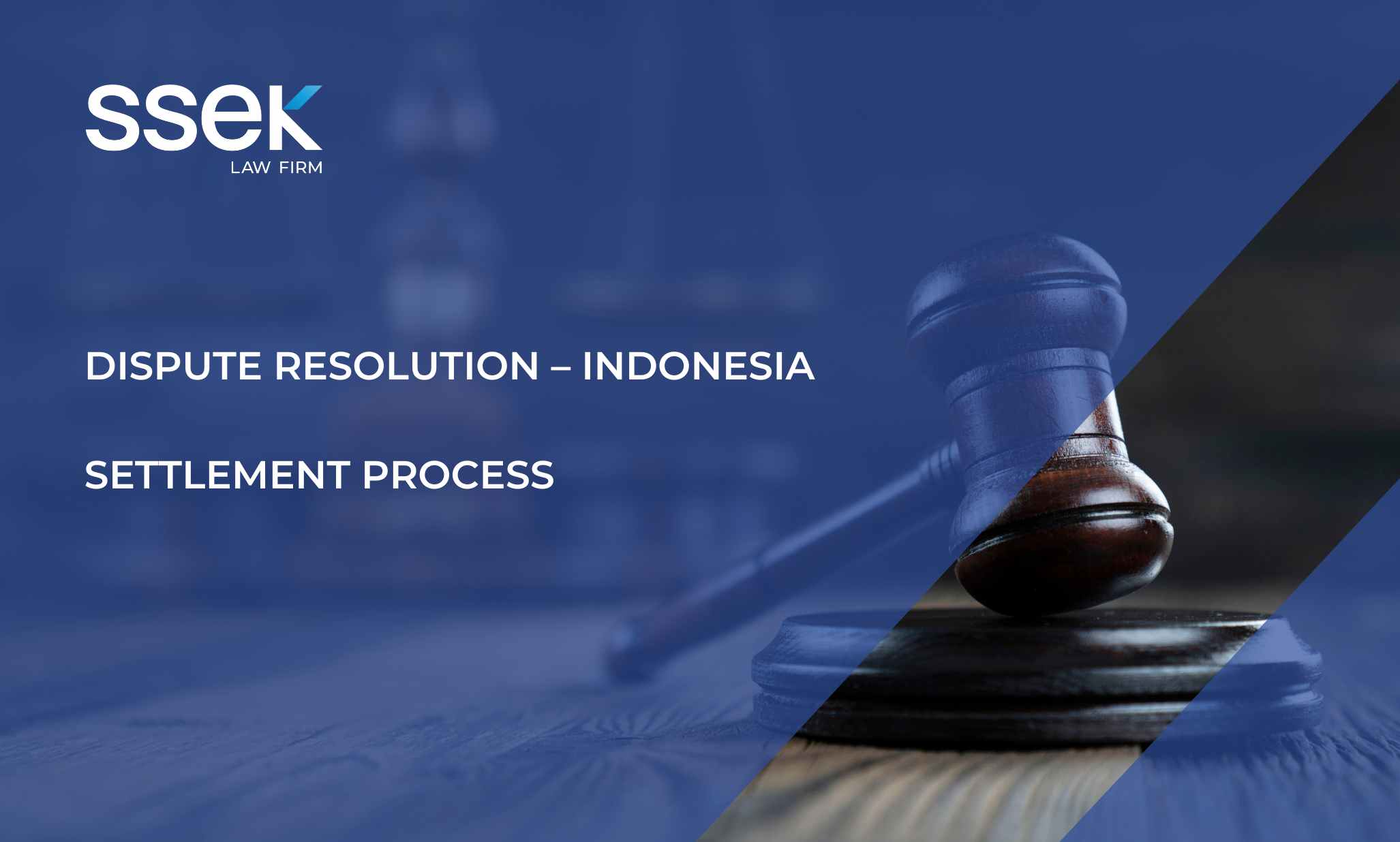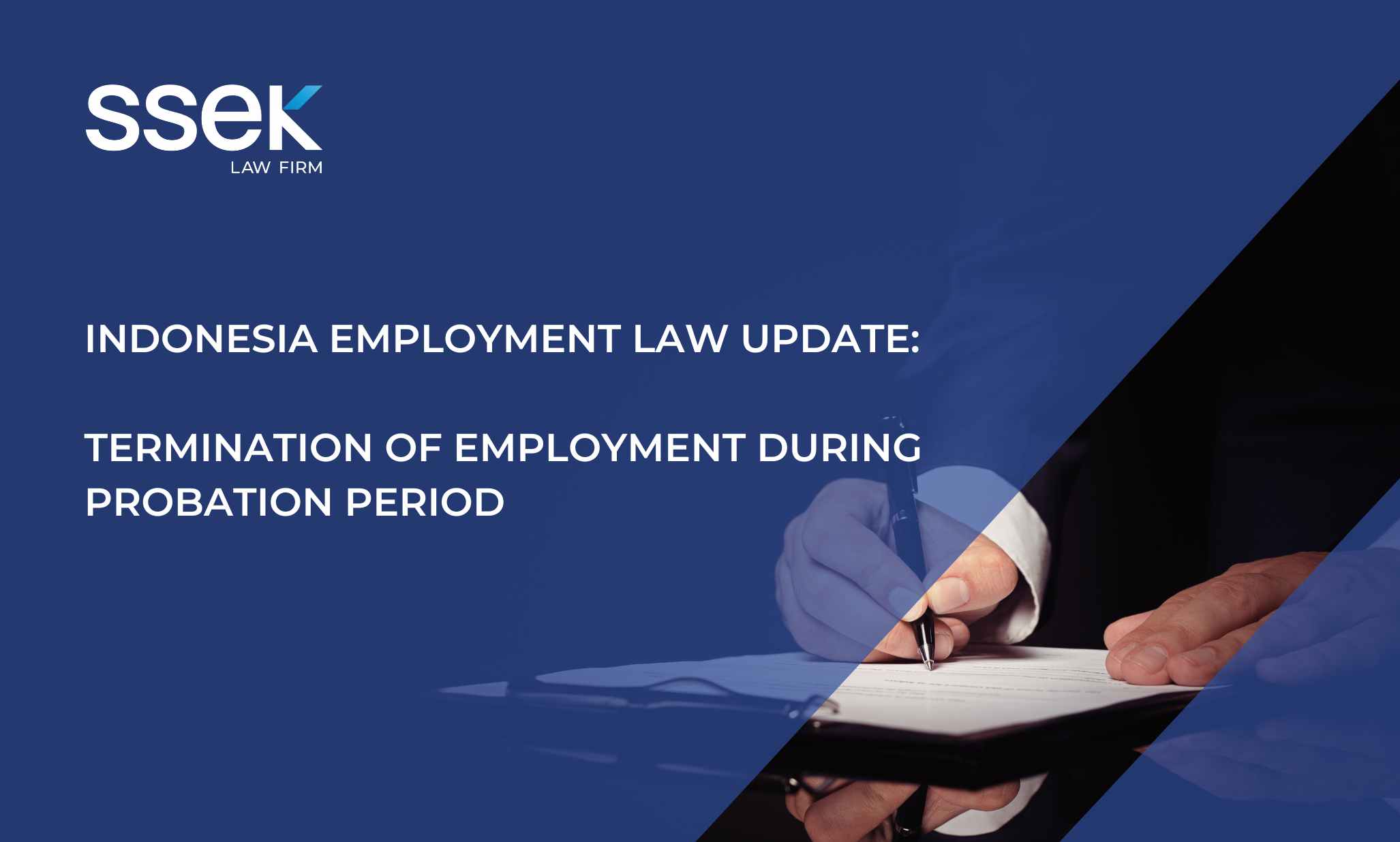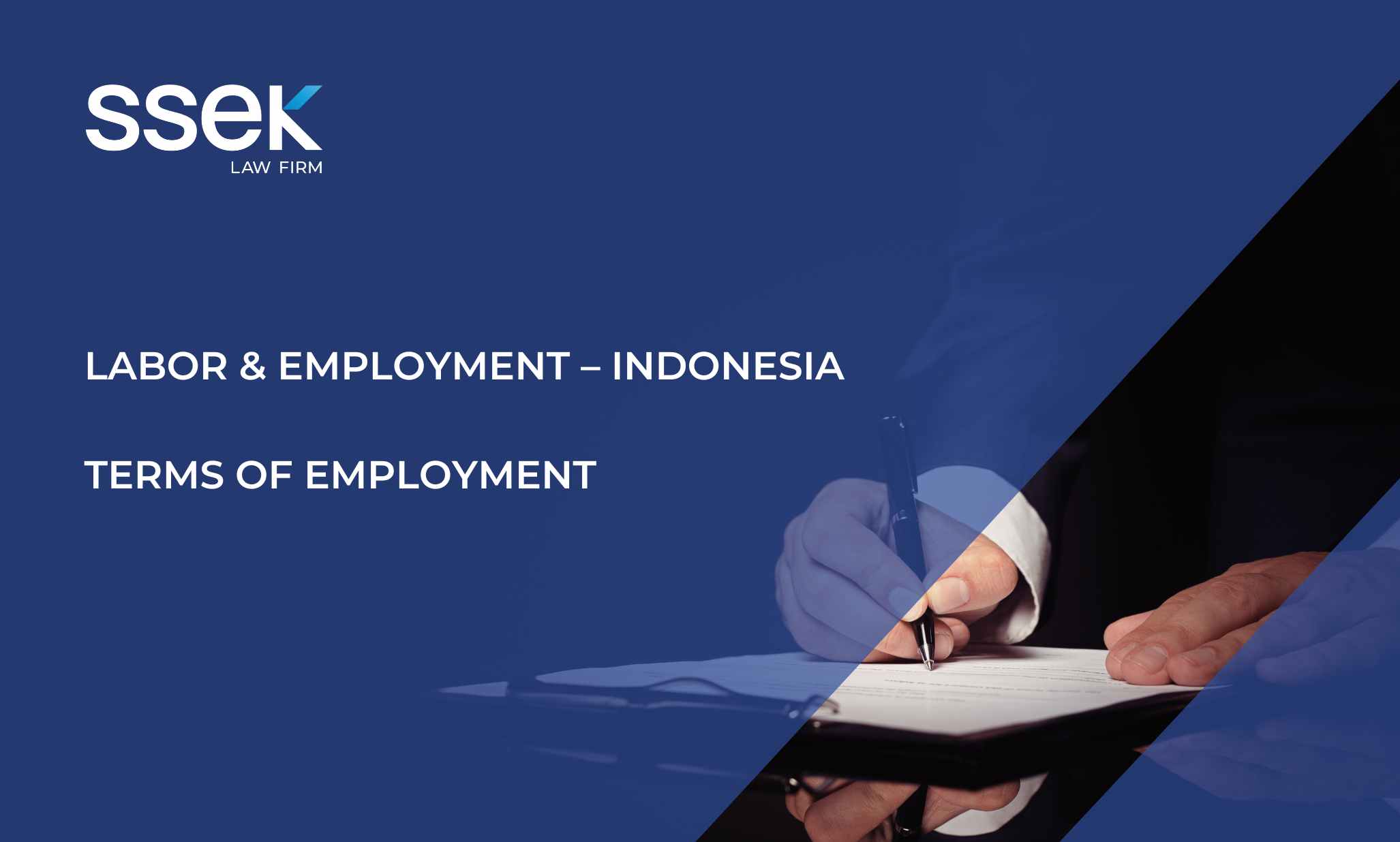

Under Indonesia's tax regulations, there are domestic taxpayers and foreign taxpayers.
Foreign individuals who reside or are present in Indonesia for more than 183 days in a 12-month period or who are present in Indonesia and have the intention to live in Indonesia are deemed domestic taxpayers. The 12-month period is based on the current date going back 12 months; it is not a calendar year. The "intention" to live in Indonesia can be proven through actions such as:
- Applying for a work permit.
- Owning or renting a house for an extended period.
- Bringing family members to Indonesia.
The threshold for the period can differ based on the prevailing tax treaties.
The Indonesian personal taxation system is based on worldwide income. This includes the following (whether the source of the income is onshore or offshore):
- Any salary paid to the foreign individual.
- Dividend and interest income.
- Rental income.
- Capital gains from sale of property.
There are no tax advantages for high-net worth individual investors entering and/or investing in Indonesia.
This first appeared in Establishing a Business in Indonesia, published by Thomson Reuters Practical Law.
This publication is intended for informational purposes only and does not constitute legal advice. Any reliance on the material contained herein is at the user's own risk. All SSEK publications are copyrighted and may not be reproduced without the express written consent of SSEK.









